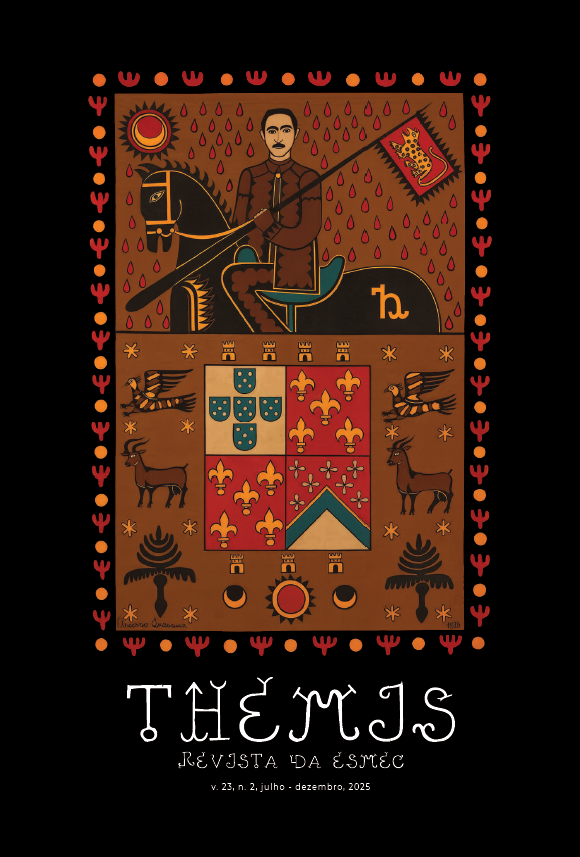UMA ANÁLISE CRÍTICA DOS DIREITOS DA PERSONALIDADE NO CONTEXTO DO TRABALHO ANÁLOGO AO DE ESCRAVO
A CRITICAL ANALYSIS OF PERSONALITYRIGHTS IN THE CONTEXT OF SLAVE WORK
DOI:
https://doi.org/10.56256/4zm7a781Abstract
The study aims to analyze, from the perspective of personality rights and through the lens of Immanuel Kant's concepto of goodwill, the possibility of expanding the understanding of the criminal offfense of reducing a person to a condition analogous to slavery. Using a hypothetical-deductive methodology, the concepts of personality rights and slavery-like conditions are revisited to demonstrate that the current understanding of slave labor does not encompass cases that may go beyond what is described in the Penal Code, exploring the ethical aspect of voluntarily subjecting oneself to slave labor. The analysis reveals that personality rights, although often regarded as freely exercisable and even subjected to suspension, face challenges in their applications due to their broad scope in various fields of law. It is observed that freedom should be understood as a presupposition of the will limited only by ethical reasons, transcending normativity to guarantee the validity of legal norms. The study highlights that the application of personality rights should not be treated only as provided for in the Civil Code, but rather expanded through other legal domains. It is concluded that personality rights can serve as an element to be considered in the reading and interpretation of the type established in article 149 of the Penal Code, legitimizing a broader understanding, even within the field of Labor Law. As a normative foundation, the expansion of personality rights makes it possible for human dignity to be ensured more efficiently.
Downloads
Published
Issue
Section
License
Copyright (c) 2025 Victor W. Raniero, Prof. Dr. Cleber Sanfelici Otero

This work is licensed under a Creative Commons Attribution-NonCommercial 4.0 International License.
- Todos os artigos são publicados sob a licença Creative Commons - Atribuição Não Comercial (CC BY-NC), permitindo que terceiros copiem, distribuam e adaptem o conteúdo, desde que seja dada a devida atribuição ao autor e à revista.
- No caso da licença CC BY-NC, o uso comercial dos artigos não é permitido.













